hotline:020-29026320 |13903018415
-
-
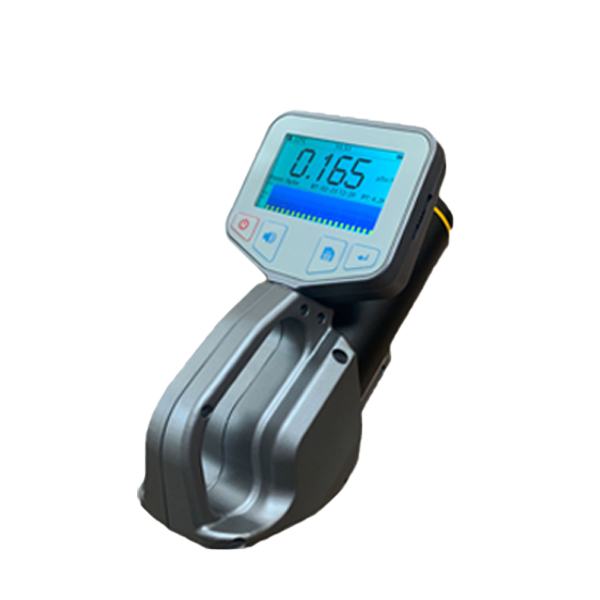
Radiation detection instrumentation
-
HYGP-2223 exposure type X, γ radiation measuring instrument
-
HYGP-2223BX, gamma dose rate meter (with tripod)
-
FI-329M intelligent household nuclear radiation detector
-
HY-2000M digital multi-channel gamma spectrometer
显示更多 -
-
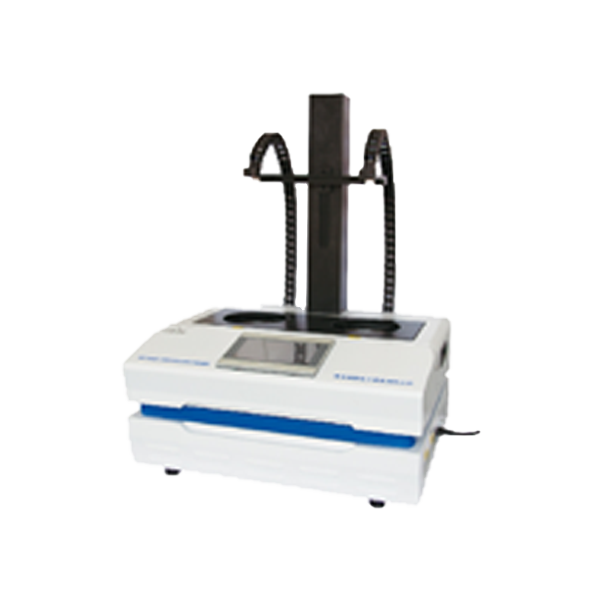
Laboratory Equipment
-
Radioactive distillation apparatus in water
-
2200Q portable turbidity meter
-
SPE Solid Phase Extraction Device
-
Portable spectrophotometer
显示更多 -
-
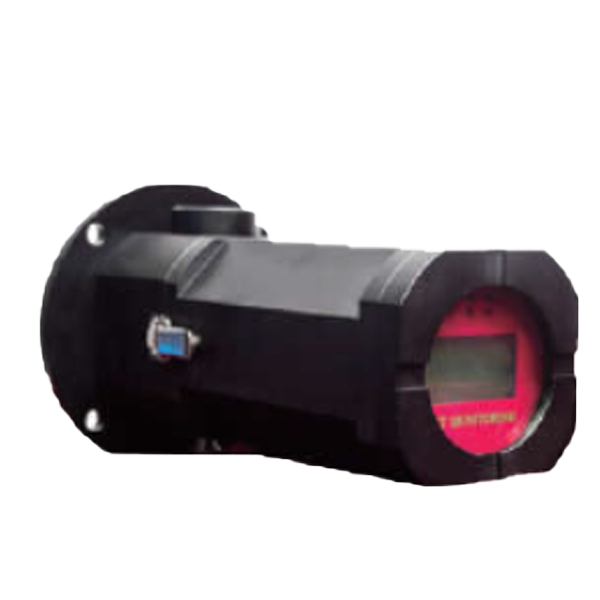
Portable environmental monitoring equipment
-
VOCs gas analyzer
-
Portable handheld VOC detector
-
Portable all-in-one multi-parameter analyzer
-
Dust detector
显示更多 -
-
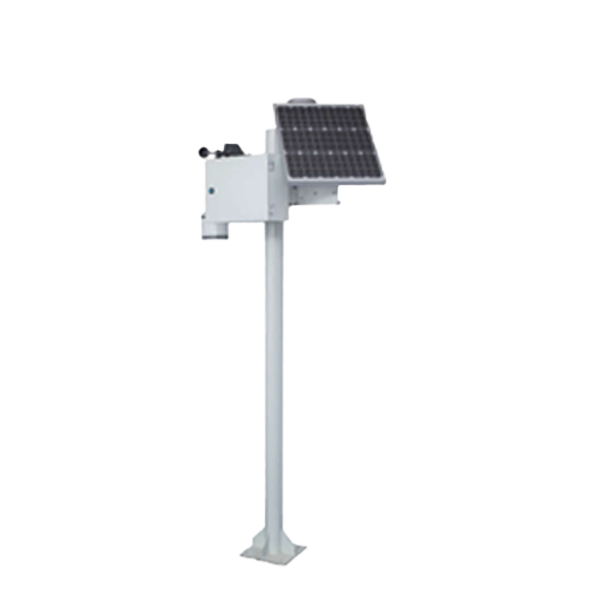
Environmental online monitoring system
-
CM-WG8200 grid air quality detection system
-
On-line monitoring system for CM-VOCs-5000 volatile organic compounds
显示更多 -
-
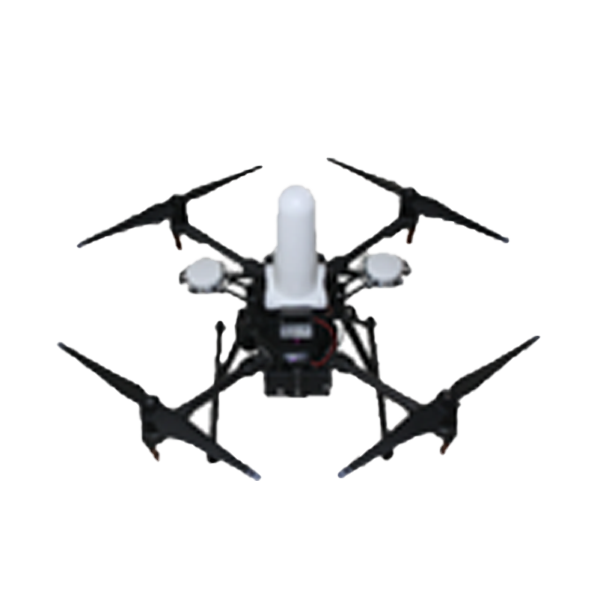
UAV Online Environmental Monitoring
-
OS-2 UAV Electromagnetic Environment Monitoring System
-
Nuclear emergency radioactive source search UAV
-
UAV Monitoring System
显示更多 -
-
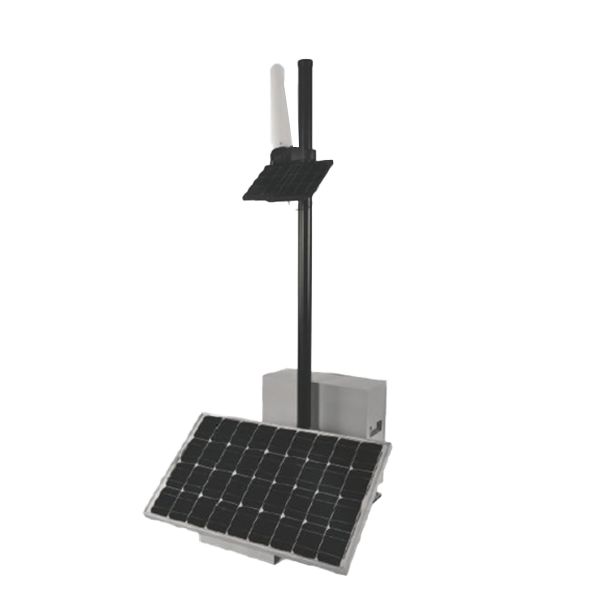
On-line Monitoring System of Electromagnetic Radiation
-
On-line Monitoring System of Electromagnetic Radiation
-
Automatic Monitoring System of HYEH460 Electromagnetic Radiation
-
HY-900A launch type radiation environment automatic monitoring station
-
OS-8 S Frequency Selective Electromagnetic Environment Online Monitoring System
显示更多 -
-
Unlocking the Power of Radiation Instruments: A Comprehensive Guide
2025-07-04
Understanding Radiation Instruments
Hey there, curious minds! If you've ever wondered how scientists and safety professionals measure radiation levels, you're in for a treat. Today, we’re diving into the intriguing world of radiation instruments, or as the pros call them, radiation measuring devices. These nifty gadgets play a crucial role in ensuring our safety in environments where radiation is present.
What Are Radiation Instruments?
Simply put, radiation instruments are tools designed to detect and measure ionizing radiation. They come in various shapes and sizes, from handheld devices to sophisticated lab equipment. If you think about it, they’re like the superheroes of the scientific world, swooping in to keep us safe from harmful radiation.
Types of Radiation Instruments
Now, let’s break it down. There are several types of radiation instruments, each suited for specific tasks. Here are some of the most common:
- Geiger-Müller Counters: These are probably the most well-known. They click and beep when they detect radiation, making them user-friendly and effective for quick checks.
- Scintillation Detectors: These devices use special crystals that emit flashes of light when radiation passes through them. They’re super sensitive and often used in laboratories.
- Dosimeters: Think of these as personal radiation badges. They measure the exposure of individuals to radiation over time, making them essential for workers in nuclear facilities.
Why Are They Important?
You might be asking, "Why should I care about radiation instruments?" Well, let’s break it down. These instruments are vital for:
- Health and Safety: They help protect workers in industries like healthcare, nuclear power, and research from excessive radiation exposure.
- Environmental Monitoring: They play a key role in assessing radiation levels in the environment, ensuring our air, water, and soil are safe.
- Emergency Response: In the event of a nuclear accident, these tools are essential for assessing the situation and implementing safety measures.
Choosing the Right Instrument
So, what should you look for when choosing a radiation instrument? It’s a bit like shopping for a new phone; you want to consider your needs:
- Type of Radiation: Different instruments are designed to detect different types of radiation (alpha, beta, gamma). Know what you need!
- Sensitivity: Some instruments are more sensitive than others. If you’re working in a high-risk area, go for the best!
- Ease of Use: Look for user-friendly models, especially if you’re new to the game.
Future Trends in Radiation Instruments
As technology advances, so do radiation instruments. We’re seeing innovations like:
- Smart Technology: Devices that sync with your phone to provide real-time data.
- Portability: Smaller, lightweight instruments that are perfect for fieldwork.
Wow, right? The future looks bright!
In Conclusion
Wrapping it all up, radiation instruments are indispensable in today’s world. They ensure health and safety, facilitate scientific research, and help monitor our environment. Whether you’re a professional or just a curious learner, understanding these devices is crucial for appreciating their role in our society.
So, the next time you hear about radiation instruments, remember that they’re not just gadgets; they’re vital tools keeping us safe and informed!

COOKIES
Our website uses cookies and similar technologies to personalize the advertising shown to you and to help you get the best experience on our website. For more information, see our Privacy & Cookie Policy
COOKIES
Our website uses cookies and similar technologies to personalize the advertising shown to you and to help you get the best experience on our website. For more information, see our Privacy & Cookie Policy
These cookies are necessary for basic functions such as payment. Standard cookies cannot be turned off and do not store any of your information.
These cookies collect information, such as how many people are using our site or which pages are popular, to help us improve the customer experience. Turning these cookies off will mean we can't collect information to improve your experience.
These cookies enable the website to provide enhanced functionality and personalization. They may be set by us or by third-party providers whose services we have added to our pages. If you do not allow these cookies, some or all of these services may not function properly.
These cookies help us understand what you are interested in so that we can show you relevant advertising on other websites. Turning these cookies off will mean we are unable to show you any personalized advertising.
online message
Telephone:13903018415(Manager Wang)
Business: 020-29026320
E-mail:wangxueli@haiyoukj.com
Address: Room 703, Tian 'an Innovation Building, Panyu Energy Saving Science Park, 555 Panyu Avenue North, Donghuan Street, Panyu District, Guangzhou

Sweep code attention

